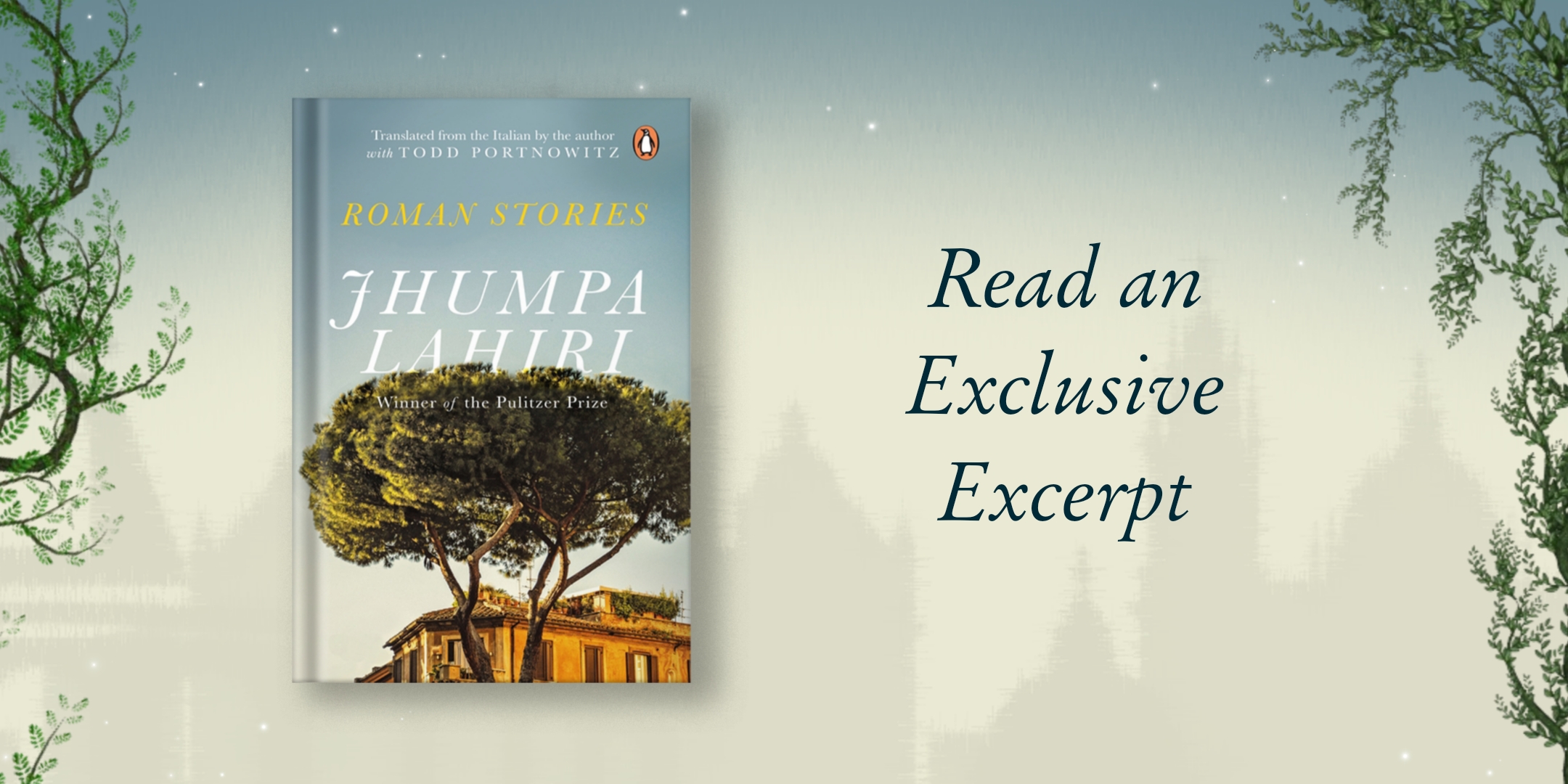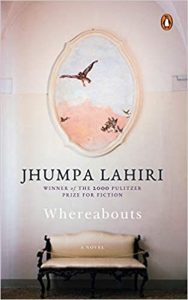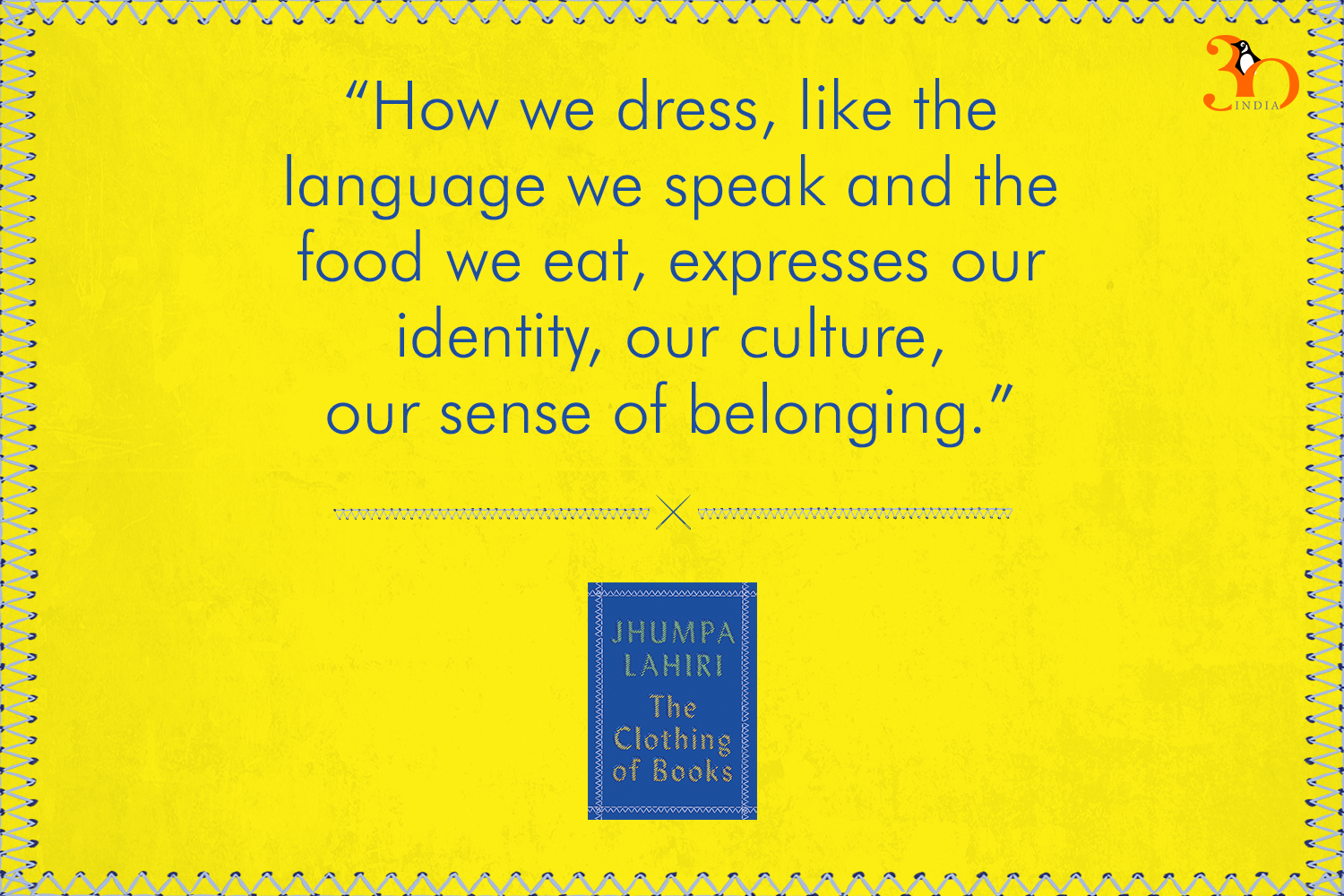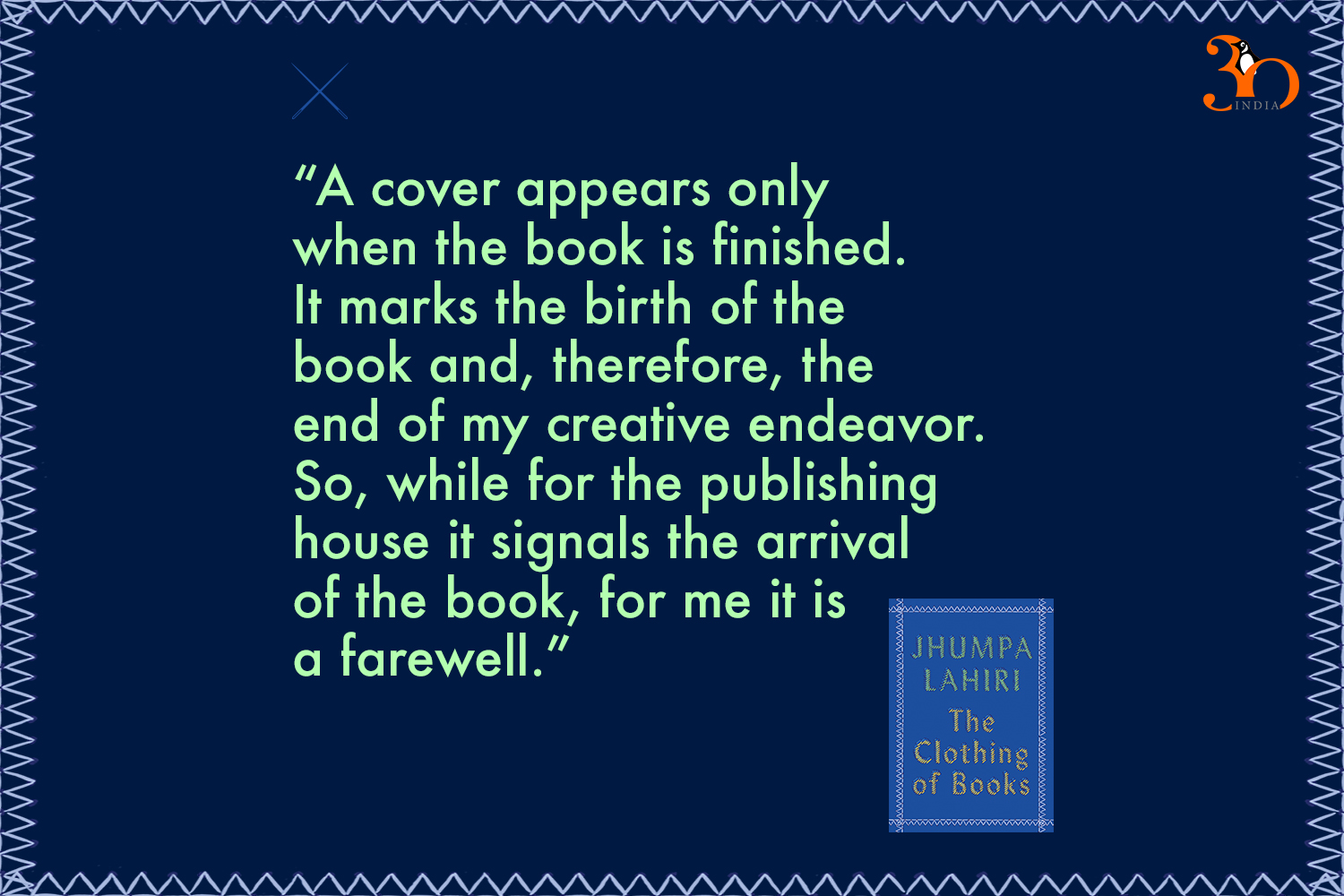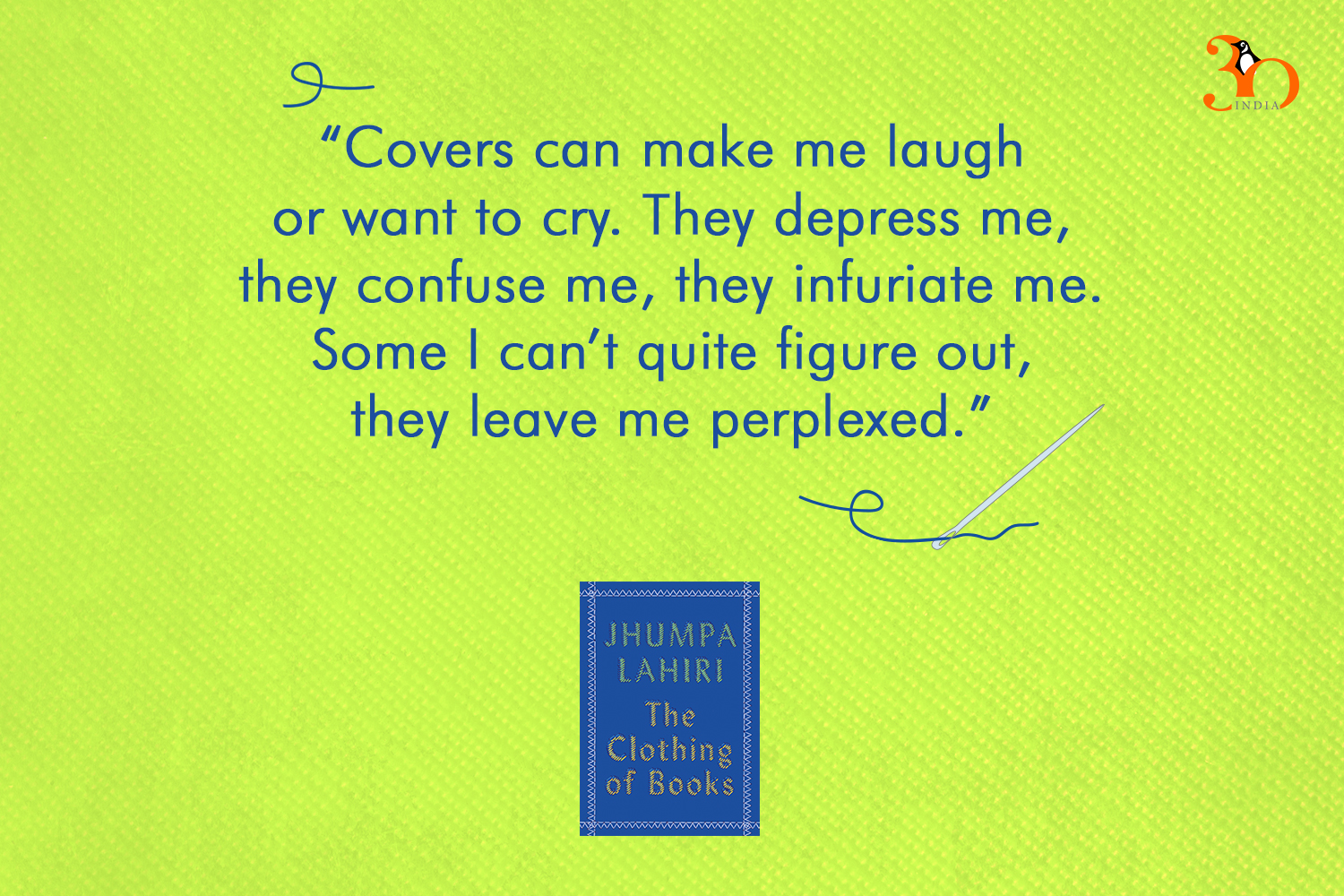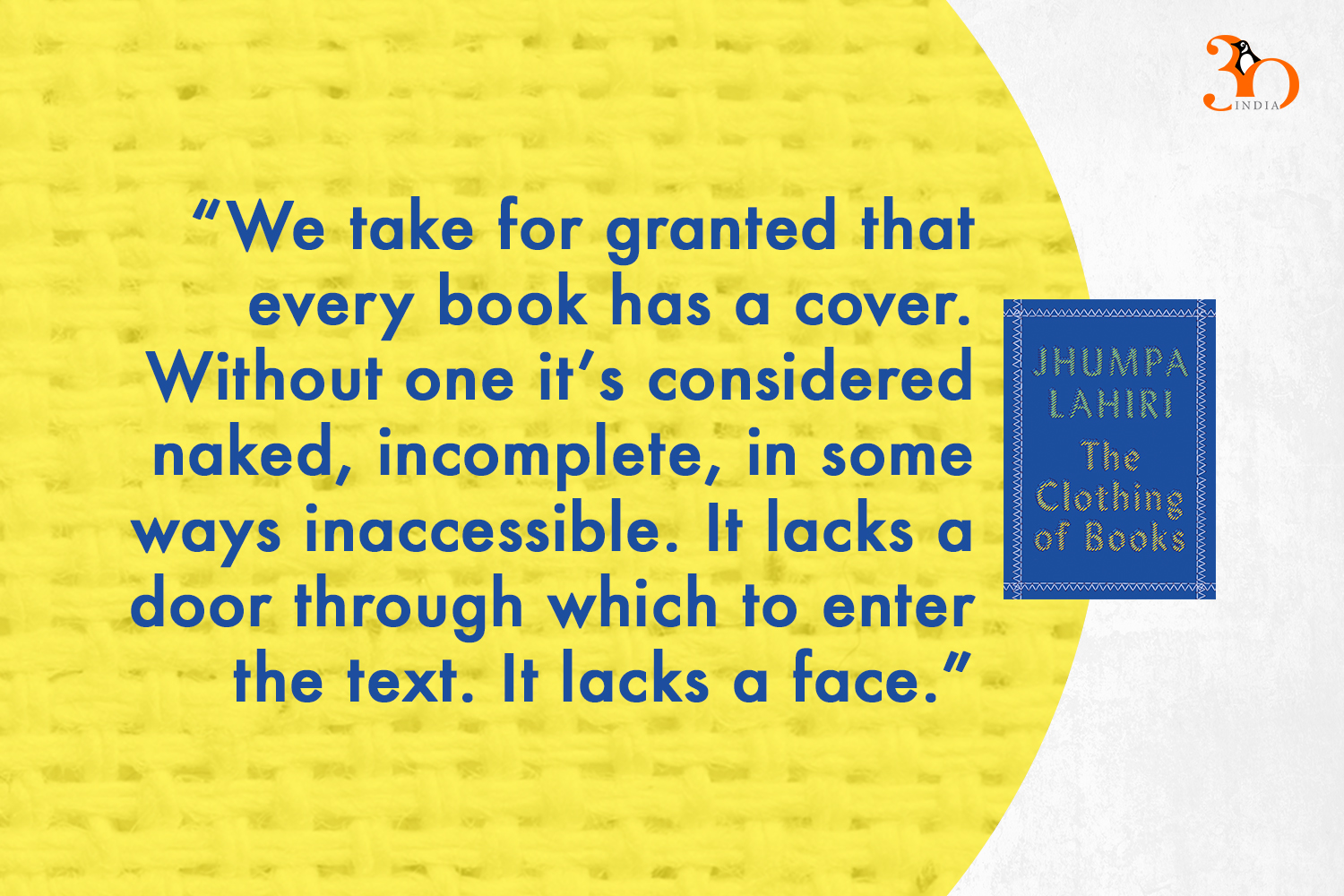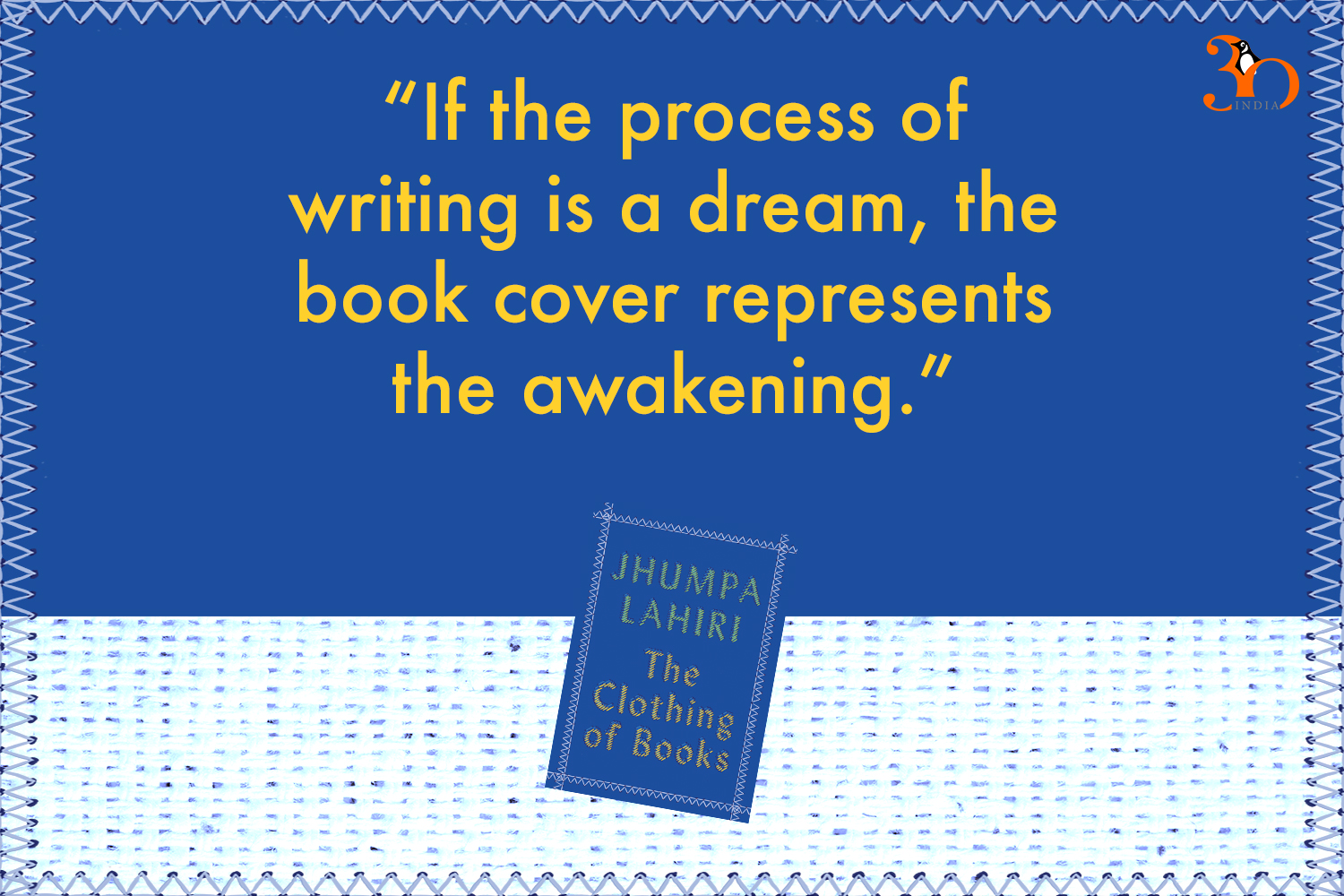Jhumpa Lahiri is back, and this time she’s taking you to Rome to savor some delicious Roman Stories. Lahiri beautifully captures the dynamics of various gatherings, bringing together people from different backgrounds and countries. Immerse yourself in the allure of these Roman Stories – grab your copy now!

***
I should note straightaway that P’s parties took place every year at her house, on a Saturday or Sunday afternoon, during the mild winters we typically enjoy in this city. Unlike the slog of other winter holidays spent with family, always arduous, P’s birthday, at the beginning of the new year, was an unpredictable gathering, languorous and light. I looked forward to the commotion of the crowded house, the pots of water on the verge of boiling, the smartly dressed wives always ready to lend a hand in the kitchen. I waited for the first few glasses of prosecco before lunch to go to my head, sampled the various appetizers. Then I liked to join the other adults out on the patio for a little fresh air, to smoke a cigarette and comment on the soccer game the kids played without interruption in the yard.
The atmosphere at P’s party was warm but impersonal, owing to the number of people invited, who knew one another either too well or not at all. You’d encounter two distinct groups, like two opposing currents that crisscross in the ocean, forming a perfectly symmetrical shape, only to cancel each other out a moment later. On one side there were those like me and my wife, old friends of P and her husband who came every year, and on the other our counterparts: foreigners who’d show up for a few years, or sometimes just once.
They came from different countries, for work or for love, for a change of scenery, or for some other mysterious reason. They were a nomadic population that piqued my interest— prototypes, perhaps, for one of my future stories, the kind of people I’d have the chance to meet and casually observe only at P’s house. In no time at all they’d manage to visit nearly all parts of our country, tackling the smaller towns on the weekends, skiing our mountains in February, and swimming in our crystalline seas in July. They’d pick up a decent smattering of our language, adapt to the food, forgive the daily chaos. Overnight they’d become minor experts in the historical events
we’d memorized as kids and had all but forgotten—which emperor succeeded which, what they accomplished. They had a strategic relationship with this city without ever fully being a part of it, knowing that sooner or later their trip would end and one day they’d be gone.
They were so different from the group I belonged to: those of us born and raised in Rome, who bemoaned the city’s alarming decline but could never leave it behind. The type of people for whom just moving to a new neighborhood in their thirties—going to a new pharmacy, buying the newspaper from a different newsstand, finding a table at a different coffee bar—was the equivalent of departure, displacement, complete rupture.
P was an old friend of my wife’s. They’d known each other for many years, before we started dating, having grown up on the same block lined with grand palazzi. As kids they played together until dark; they went to the same elementary school and then the same challenging high school; they wandered off to buy contraband cigarettes from a shady guy behind a piazza that was quiet in those days. They went to the same university and, after graduating, rented a fifth-floor apartment in the thick of the city center. In the summers they traveled together to other countries—experiences they still loved to talk about. Then matters of the heart intervened: my wife met me at a New Year’s Eve party, while P married a staid but friendly lawyer, a man of average height, good looking but slightly cross-eyed, and became a mother of four—three boys in quick succession, and then, like a simple but welcome dessert after a three-course meal, a girl.
Not long before the girl was born, P had a brush with death. A renowned doctor, always among those invited to the party, ended up saving her life with a tricky surgery. From then on, this yearly gathering became a constant: this sunny afternoon around her birthday, this merry, lavish lunch that brought together a wide range of people. P liked to fill the house and churn her friends together—relatives, neighbors, parents of her children’s classmates. She liked to throw open the door at least fifty times, offering something to eat, playing host, exchanging a few words with everyone.
It was thanks to my wife, then, that I went to that house once a year, a somewhat secluded house on the city’s outskirts. To get there, you took a curved, picturesque road, lined with cypresses and tumbling ivy. A road that swept you away, an urban road that ferried you toward the sea and put the frenzied city far behind. At a certain point there was a sharp right turn; you had to keep an eye out, it was easy to miss. After that it became a sort of residential labyrinth, with narrow, shaded, unpaved streets. You couldn’t see the houses, just tall gates and the house numbers etched in stone.
***
Get your copy of Roman Stories by Jhumpa Lahiri wherever books are sold.







